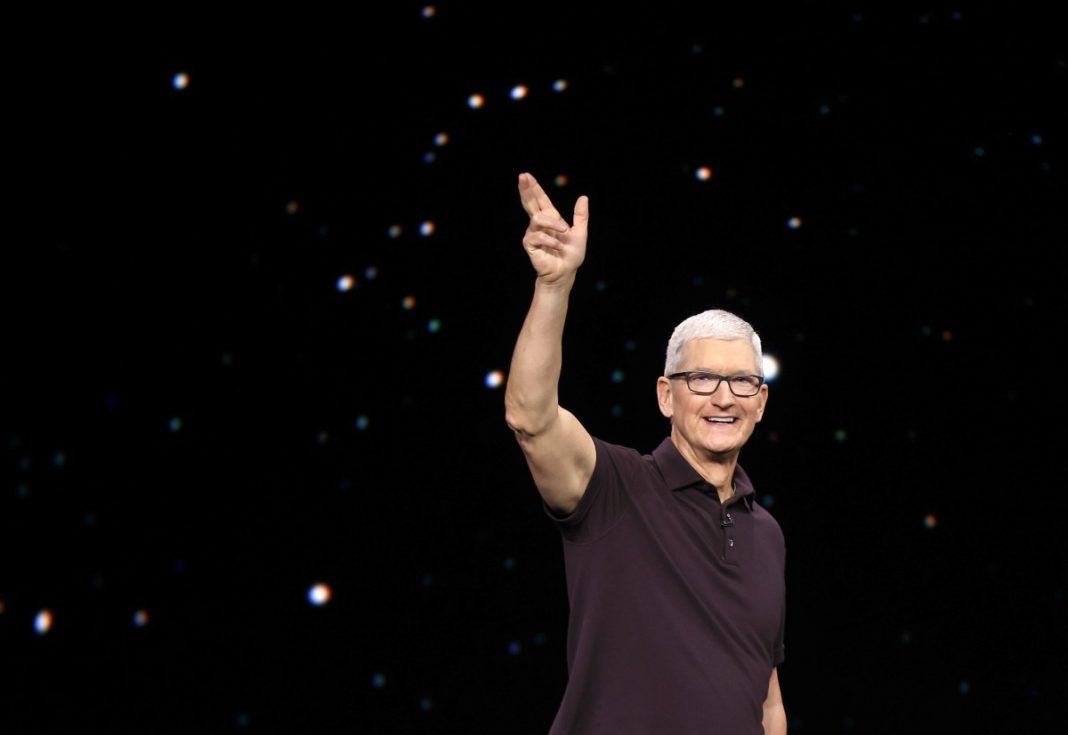Apple plans to add support for the RCS standard on iOS next year, the iPhone-maker said Thursday in a major reversal that would resolve the widespread issue of compatibility in text messaging between iPhones and Android smartphones, but stopped short of eliminating what is known colloquially as the “green bubble” dread.
Apple’s longstanding unwillingness to support RCS has perpetuated fragmentation in messaging ecosystems, particularly affecting Android users, critics have argued over the years. Apple’s stance, often seen as maintaining ecosystem exclusivity, stirred debate in the tech community over interoperability and user convenience.
Well, no more. In an abrupt announcement today, Apple said it, too, believes that “RCS Universal Profile will offer a better interoperability experience when compared to SMS or MMS.” The company, which plans to roll out the support next year, added: “This will work alongside iMessage, which will continue to be the best and most secure messaging experience for Apple users.”
The major reversal follows Google’s repeated request — and public pressure on — Apple to add support for RCS to iPhones. “People have talked about ‘green bubbles’ as an Android problem,” Hiroshi Lockheimer, SVP at Google, tweeted last year, referring to the visual distinction seen when a message is sent from an Android user to an iPhone, where it appears in a green bubble.
While Apple plans to adopt RCS, it has confirmed that those messages will still be displayed in green bubbles.
“We’re not asking Apple to make iMessage available on Android. We’re asking Apple to support the industry standard for modern messaging (RCS) in iMessage, just as they support the older SMS / MMS standards. By not incorporating RCS, Apple is holding back the industry and holding back the user experience for not only Android users but also their own customers,” he tweeted.
Apple, too, hasn’t been shy about its feeling on RCS. Apple chief Tim Cook dismissed the idea of his company adopting RCS in iMessage a year ago, and suggested the questioner at a conference to buy their mom an iPhone.
Rich Communication Services, or RCS, is the collective effort of a number of industry players to supercharge the traditional SMS with modern features such as richer texts and end-to-end encryption. Google, Samsung and a number of other firms, including telecom operators, have rolled out support for RCS to over 800 millions users worldwide in recent years.
Critics argue that the disruption in group chats and interactions between Android and iPhone users has historically deterred many from transitioning to Android smartphones — and it’s by design. This tactic came to light in Apple’s legal battle with Epic Games, where internal discussions revealed a conscious decision to keep iMessage within its ecosystem.
During the legal dispute, a wealth of internal Apple documents became accessible to the public. These documents exposed a prolonged internal debate about introducing iMessage to Android-operated devices. “In the absence of a strategy to become the primary messaging service for bulk of cell phone users, I am concerned the iMessage on Android would simply serve to remove obstacle to iPhone families giving their kids Android phones,” Craig Federighi, Apple’s chief software executive, said in a 2013 email.
Phil Schiller, the then marketing chief, echoed this sentiment in 2016, advising Cook in an email, “Moving iMessage to Android will hurt us more than help us.” That same year, an email from a former Apple executive cautioned that iMessage creates significant user retention, describing it as “serious lock-in.”
Apple’s Thursday decision, coincidentally, follows Google and many telecom operators recently urging EU regulators to make Apple designate iMessage as a “core” service under the new Digital Markets Act, forcing the iPhone-maker to make the chat app fully compatible with rivals. As first reported this month, Apple has disclosed in a filing that it “expects to make” several policy changes to comply with the new guidelines that go into effect next year.
